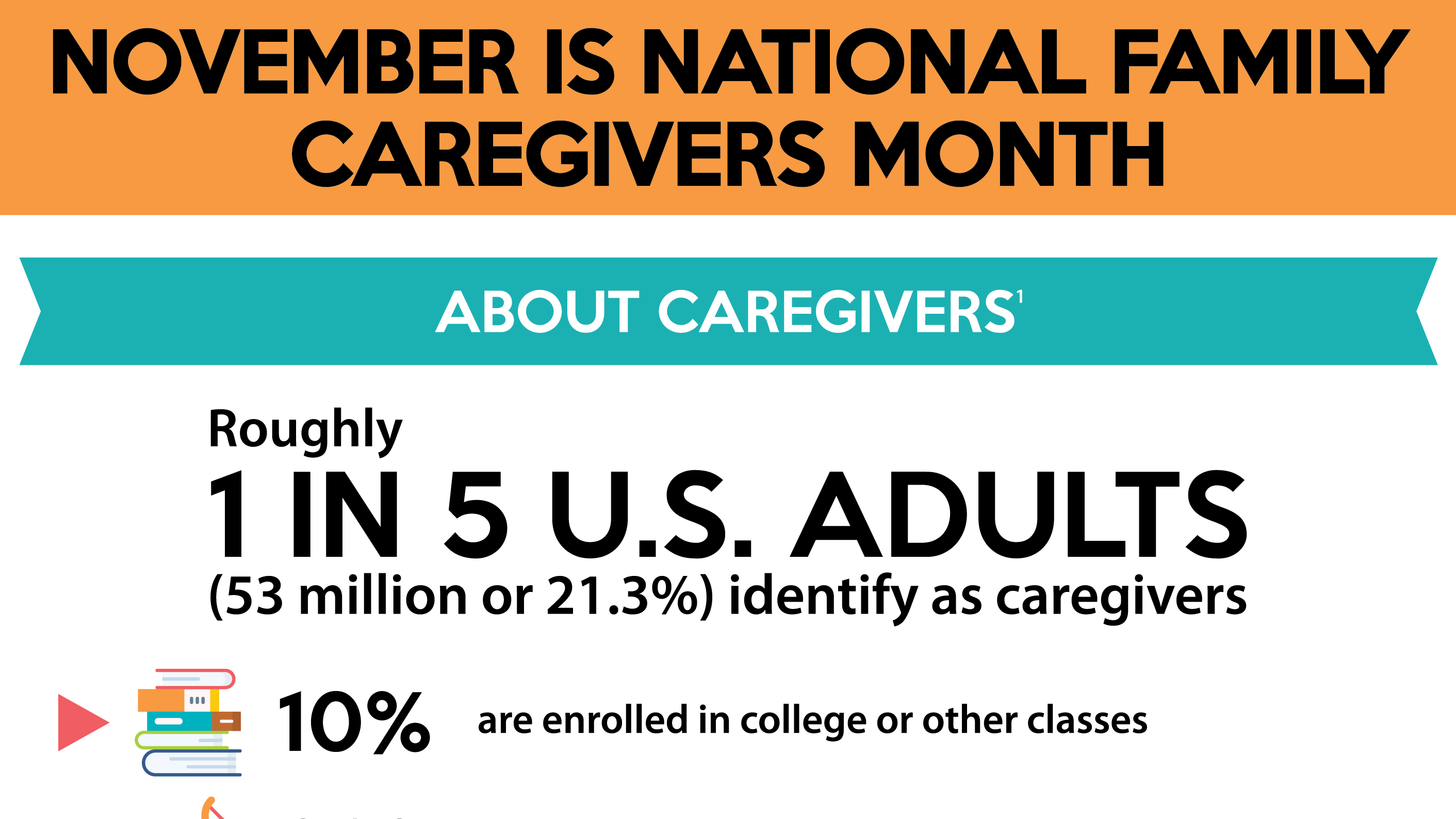
November is National Family Caregivers Month!
November 19, 2020What Happens to a Housing Voucher After a Death in the Family?
December 14, 2020Nursing homes and other congregate care settings have experienced some of the worst toll of the pandemic. But, lack of necessary support and home care can make it impossible for families to bring loved ones home to safer settings. Nassau Suffolk Law Services Independent Consumer Advocacy Network (ICAN) Unit helps families obtain Medicaid long-term managed care services, so that they can return to community settings as quickly as possible.
Agnes Bonavoglia, Staff Attorney in the ICAN Unit represented T, a 90-year-old man who was residing in a rehabilitation center after falling in his home. Prior to this fall, T had been approved for 4 hours of personal care assistance (PCA) 7 days a week. Even prior to his fall, this level of personal care assistance was insufficient to meet T’s needs. T required around the clock care due to numerous physical ailments, severe vision and hearing loss and age-related cognitive decline. T required total assistance with all activities of daily living including, but not limited to, ambulation, transferring, toileting, bathing and dressing. He was an extreme fall risk, and emergency response services had responded to his home on many occasions. Moreover, T’s cognitive condition had further deteriorated since his recent injuries.
T’s 86-year-old wife could not provide the necessary care, due to her own advanced age and medical issues. T could not be discharged to his home from the rehab facility until 24-hour care was approved. T’s daughter, whom T had given Power of Attorney (POA), requested an increase in PCA hours from 4 hours, 7 days a week to 24 hours, 7 days live-in care in the summer of 2020.
T’s Medicaid plan approved only an additional 2 hours a day of PCA services. The plan upheld this decision after an internal appeal. T’s daughter then contacted NSLS’s ICAN unit for assistance with an External Appeal of the plan’s decision.
ICAN represented the client in the External Appeal through the client’s daughter and POA. ICAN instructed the client’s daughter about the documentation required to make the case for 24-hour live-in care. This included letters of medical necessity that specifically outlined the client’s diagnoses, symptoms, resulting limitations and level of assistance needed, and letters from medical providers stating that the client’s wife could not assist in his care. ICAN then gathered and catalogued all the documentation to prepare the External Appeal. ICAN asserted that 24-hour live-in care was “medically necessary” based on the client’s specific needs.
The External Appeal was submitted to the NYS Department of Financial Services. After an independent medical expert (IME) reviewed the submission, the Department determined that 24-hour live-in care was “medically necessary.” It found that the plan did not act “reasonably, with sound medical judgment and in the best interests of the patient” when it denied this request.
The plan’s previous decision was overturned in whole, and the plan was directed to provide 24-hour live-in care. The client was discharged from the rehabilitation facility shortly thereafter. ICAN continued to monitor the situation until care had been set up.
As COVID-19 again spreads on Long Island, the client is home with his wife and receiving the 24-hour live-in care necessary to maintain his health in the community.

